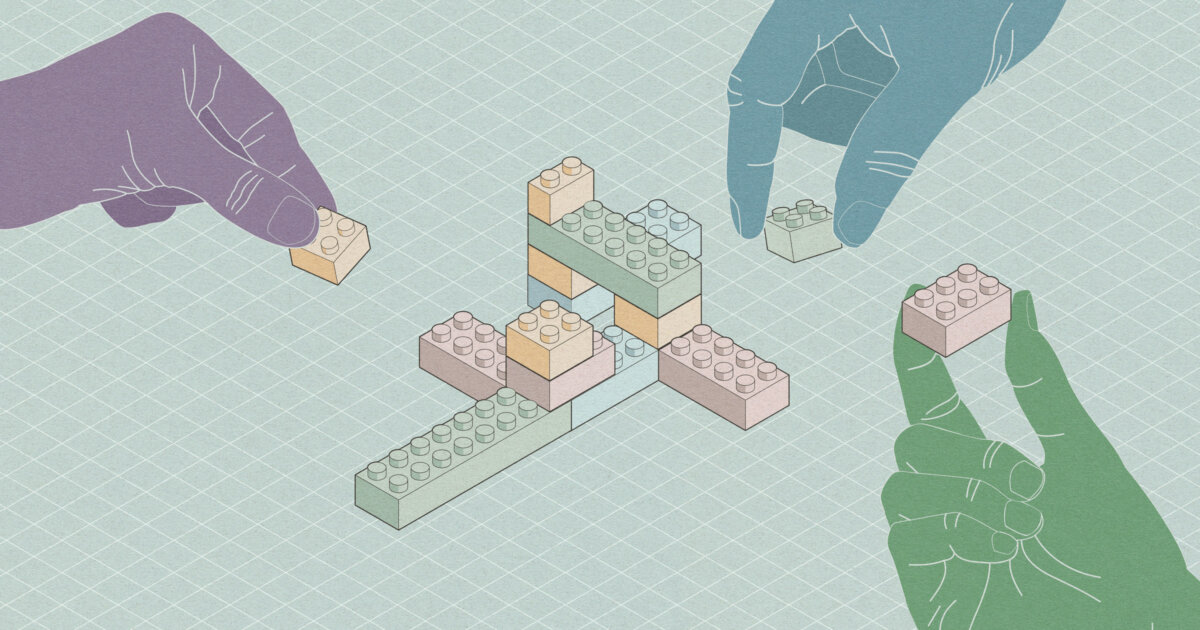
Take a Skills-Based Approach to Culture Change

The pattern here is to craft a why for change, that people will buy and that is unique to your organization. And then repeat that why. Communicate this why three more times than you think you need to and you’re a third of the way done. A tip here is that when training for any way of working, whether that training is run internally or externally, ha
... See moreJonathan Smart • Sooner Safer Happier: Antipatterns and Patterns for Business Agility
This question eventually led O’Brien to Chris Argyris, whose writings resonated with Hanover’s managers’ experience. Argyris’s “action science,” offered theory and method for examining “the reasoning that underlies our actions.”9 Teams and organizations trap themselves, he says, in “defensive routines” that insulate our mental models from examinati
... See morePeter M. Senge • The Fifth Discipline: The Art & Practice of The Learning Organization
Sometime during the process, however, it’s useful to look back and reconstruct a map, as a group. Why did you start where you started? What governed your choice of where to move? How would you redesign your next move forward? The collective memory of where you have been can reveal a great deal about where you should go.
Art Kleiner • The Fifth Discipline Fieldbook: Strategies for Building a Learning Organization
People have a limited velocity to unlearn and relearn. The pace of change cannot be forced; it can be nurtured. People adopt change in the shape of a normal, cumulative probability distribution (i.e., an S-curve), starting with the natural Innovators. Improving ways of working needs to be safe-to-learn and within risk appetite. Middle management ar
... See more